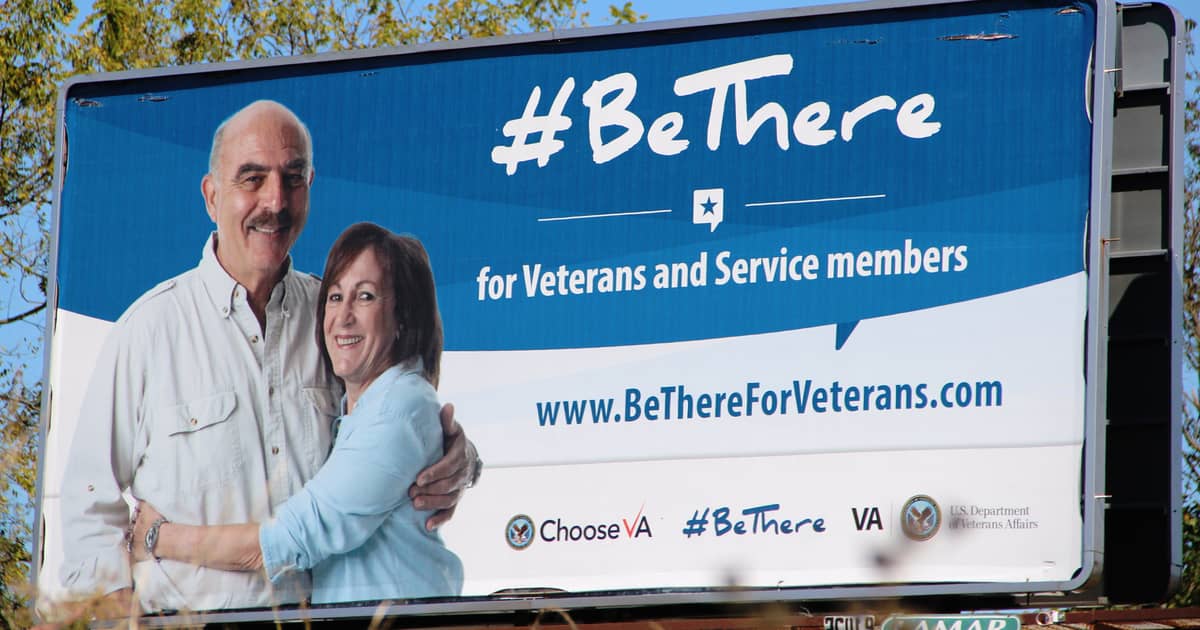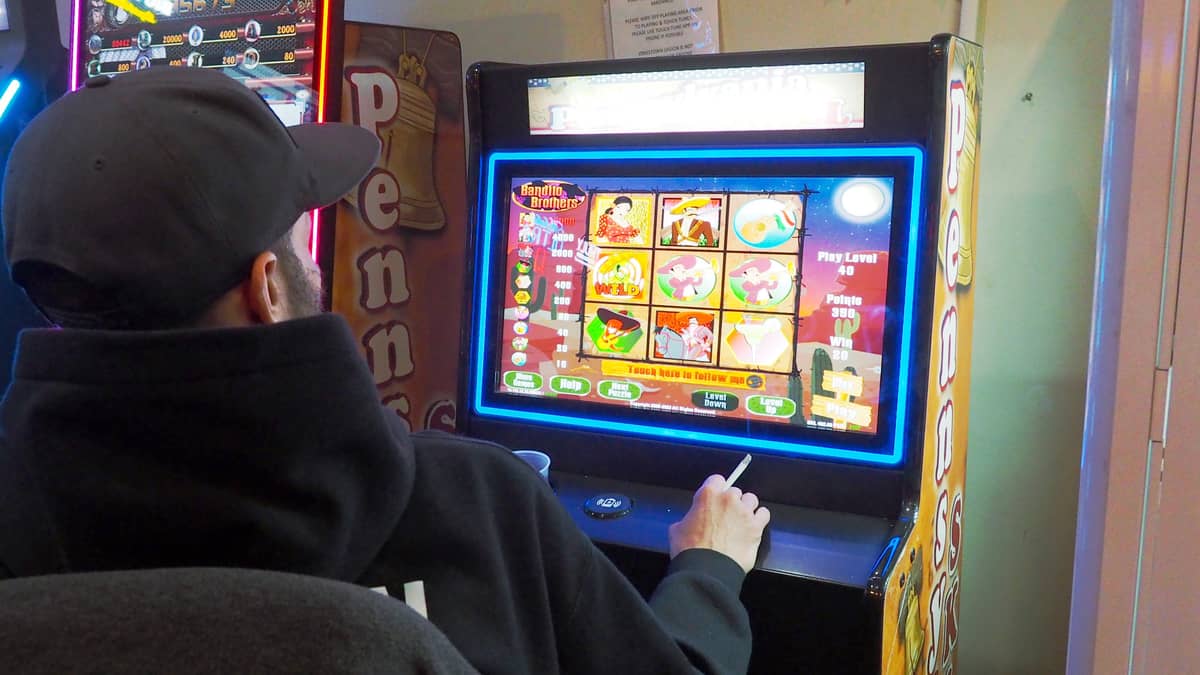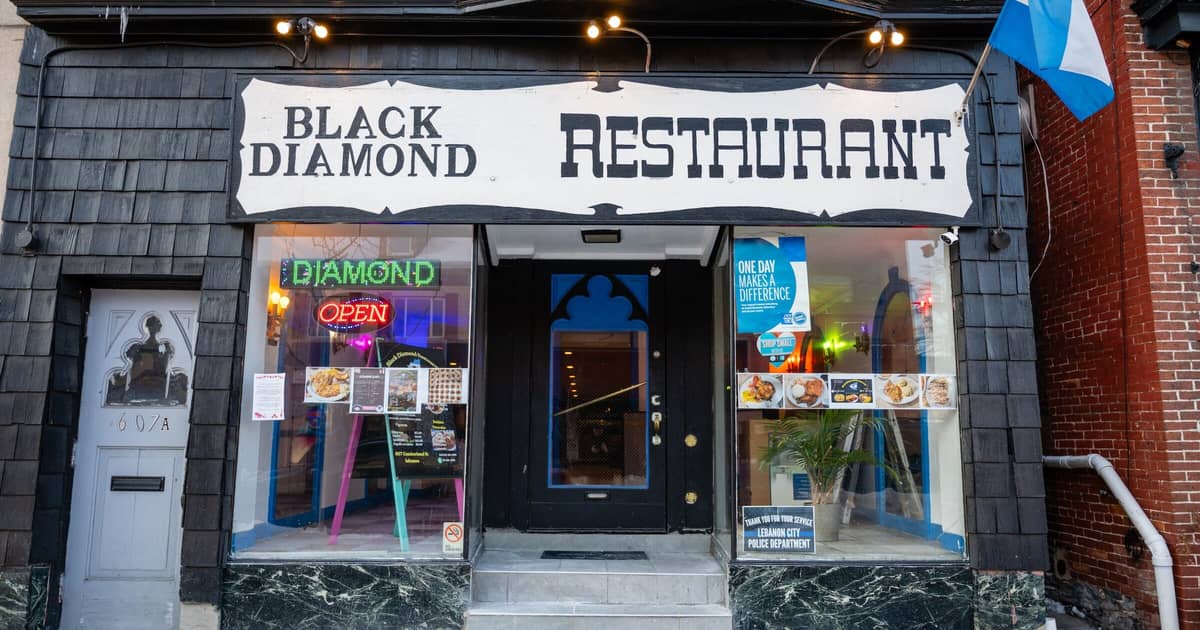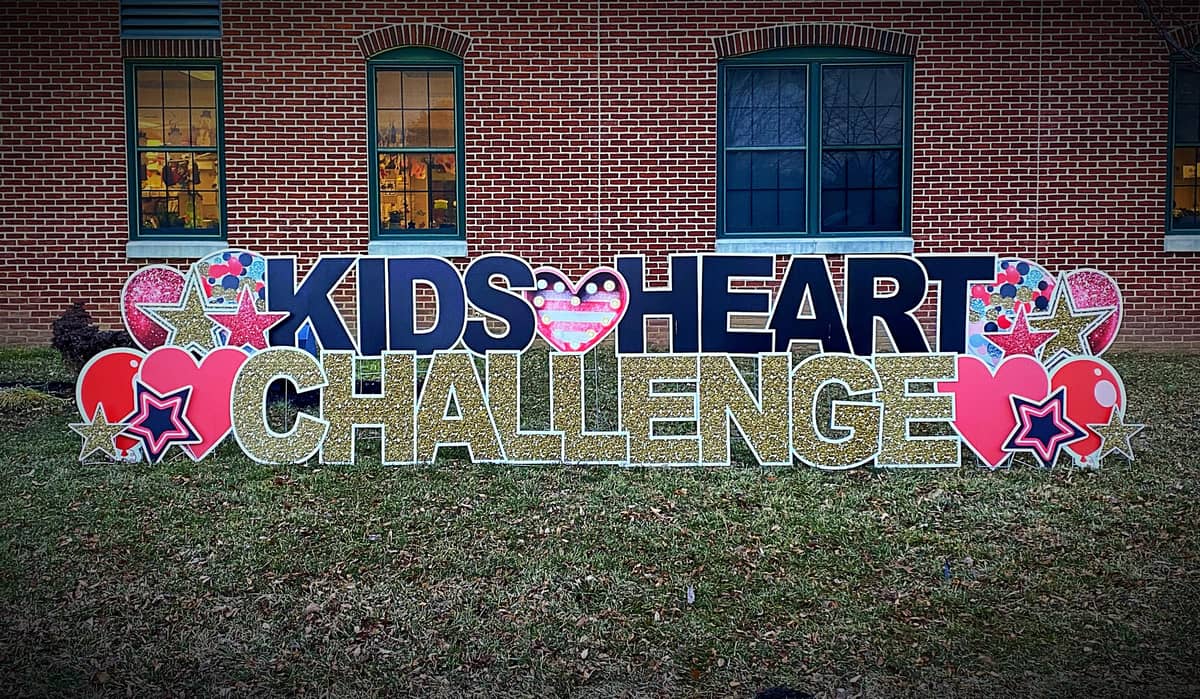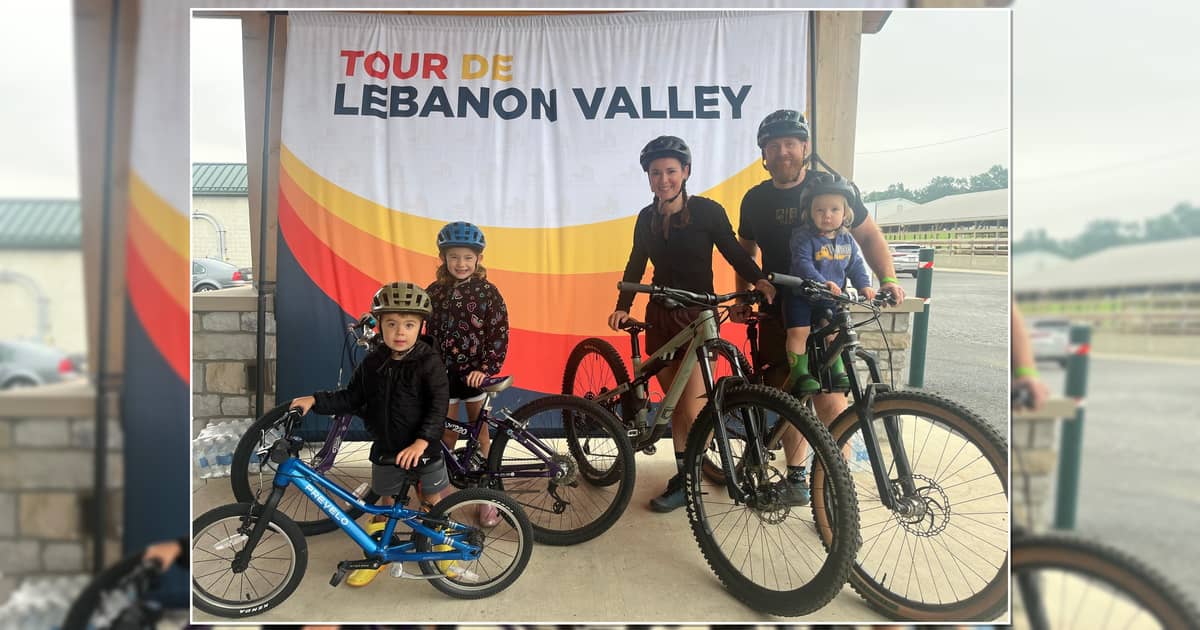Suicide in America is a national epidemic. Surprisingly, we don’t know all that much about it.
What we do know about suicide is that it’s preventable and that the first step in treating it is awareness. There is help, there is hope, and there are solutions.
We also know that military veterans are one-and-a-half times more likely to take their own lives than non-veterans.
September is Suicide Awareness month, nationally. It is a chance for the Lebanon Veterans Affairs Medical Center’s Suicide Prevention program to amplify a message that it circulates year-round.
“I want veterans to know there is help,” said Laura Elton, one of the VA’s suicide prevention’s social workers. “If they’re willing to reach out, we’re willing to work with them. We’re not magicians, but we’ll stick with you until you get back the quality of life you deserve.”

“We want to bring back hope,” said John Lucas, the program’s senior social worker. “The VA is trying to take a public health approach to suicide. We’re trying to break down barriers. We want primary care to address it. We want people to be able to talk about it and have an open dialogue about it. Seventy-five percent of the people who die by suicide were seen by a medical professional during the previous month.”
The local VA hospital’s suicide prevention program serves veterans in crisis in Lebanon and eight surrounding counties. It accepts and acts upon referrals from the National Suicide Prevention Hotline – which receives more than 2,000 calls per day, from veterans and civilians.
The Lebanon VA’s suicide prevention program also takes a proactive approach to the problem, through outreach and educational programs, billboards and face-to-face meetings.
“Our function is to act collaboratively with the facility here, in trying to educate staff on suicide awareness and education,” said Lucas. “Anything that has to do with that realm. Callers to the National Suicide Prevention Hotline are evaluated and referred to us, and our team follows up with the veterans. But we get referrals from a lot of directions.

“We also try to get out into the community and get to events,” continued Lucas. “One of our roles is public awareness. We try to get out to the community and talk about the programs we offer.”
“Sometimes it’s more convenient for a veteran to get help through outreach,” said Elton. “It’s about trying to form relationships and meet them where they’re at. For me it’s rewarding to serve veterans, because I come from a military family.”
The statistics are startling.
Suicide is the tenth leading cause of the death in the United States, and it claims more than 45,000 American lives in a year. About 6,000 of those suicides are by veterans, or about 20 per day, with the suicide rate for veterans 1.5 times higher in 2017 than for non-veteran adults, after adjusting for population differences in age and sex.
Only 30% of this population received care from a Veteran’s Administration hospital, and only 15% received behavioral health services. That means, on average, 70% of those veterans who died by suicide had never even set foot inside a VA hospital to receive care.
Sixty-seven percent of the veterans who took their own lives did so with firearms. And the veterans at the greatest risk are women, younger vets, former service members with other than honorable discharges, veterans transitioning from military service and veterans with mental health challenges and substance-abuse disorders.
In addition, veterans who did not see combat are more likely to commit suicide than those who had.
“We want to give Vets the tools to change and empower themselves,” said Lucas. “They may not be aware of what is available to them. One of the most challenging things is to get people to sign up. The services are here for them and they earned it.”
“There’s been on-going war since the Persian Gulf war,” said Elton. “We’ve got a lot of combat veterans who have experienced a lot, overseas. People live with chronic suicidal ideation. It can wax and wane. But you always want to take someone expressing suicide seriously. Does everyone who calls the hotline commit suicide? No.”

The risk for suicide is an illness, not a weakness. Broken down, it can be identified as Post-Traumatic Stress Syndrome, depression, anxiety, chronic illness or pain and substance and alcohol abuse.
And there are also societal and situational factors that can trigger the ideation, things like legal concerns, relationship difficulties, economic hardships and homelessness, and combat exposure.
“It depends on what the vet is expressing,” said Elton. “It can be a lack of work. It can be a lack of housing. It can be financial. Let’s say you’re a veteran who’s been in combat and you’re dealing with anxiety, when you have a mental health crisis, you can become suicidal. Accessing our in-patient services can help, or we can be a bridge to other services.
“They’re your friends,” added Elton. “They’re your neighbors. People who go to your church. They’re your colleagues. Typically, they’re people who have seen combat or who have severe mental illness. But the stigma can help them deteriorate further.”
“You don’t have to be a doctor to ask someone if they’re OK, if they’re struggling,” said Lucas. “That’s where education comes in. People aren’t aware of what causes suicide.”
But just as suicide can take on many different forms, so can hope. The Lebanon VA Hospital’s suicide prevention program is coming at the problem from a number of different angles, from chiropractic treatment to acupuncture, from yoga to whole health coaching, from support groups to holistic approaches, from veteran peer support to good old-fashioned communication.
“You can get well,” said Lucas. “There’s hope. There’s treatment. There’s medication. There are options to get better. But the treatment has become more holistic.”
“Most people who are suicidal know they’re suicidal,” said Elton. “They know they have a problem. Some suicides are spontaneous. But we are always a resource for them. We are always here for them. We’re trying to tailor the services to the veteran, instead of tailoring the veteran to the services.

“It’s not just veterans,” concluded Elton. “We’re the VA and our mission is to stop veteran suicide. But it’s about being there for everyone who’s at risk for suicide. People experience mental illness like they experience diabetes.”
If the first step is awareness, then the second is asking for help.
There is help, there is hope, and there are solutions.
If you or someone you know is in immediate danger of harming themselves, please call 1-800-273-8255 and Press 1, chat online at VeteransCrisisLine.net/Chat, or text 838255. The Veterans Crisis Line connects Service members and Veterans in crisis, as well as their family members and friends, with qualified, caring VA responders through a confidential toll-free hotline, online chat, or text-messaging service.
An earlier version of this post misidentified the VA as “Veterans Administration,” a name that was phased out in 1988. Today it stands for Veterans Affairs, as in the US Department of Veterans Affairs.

